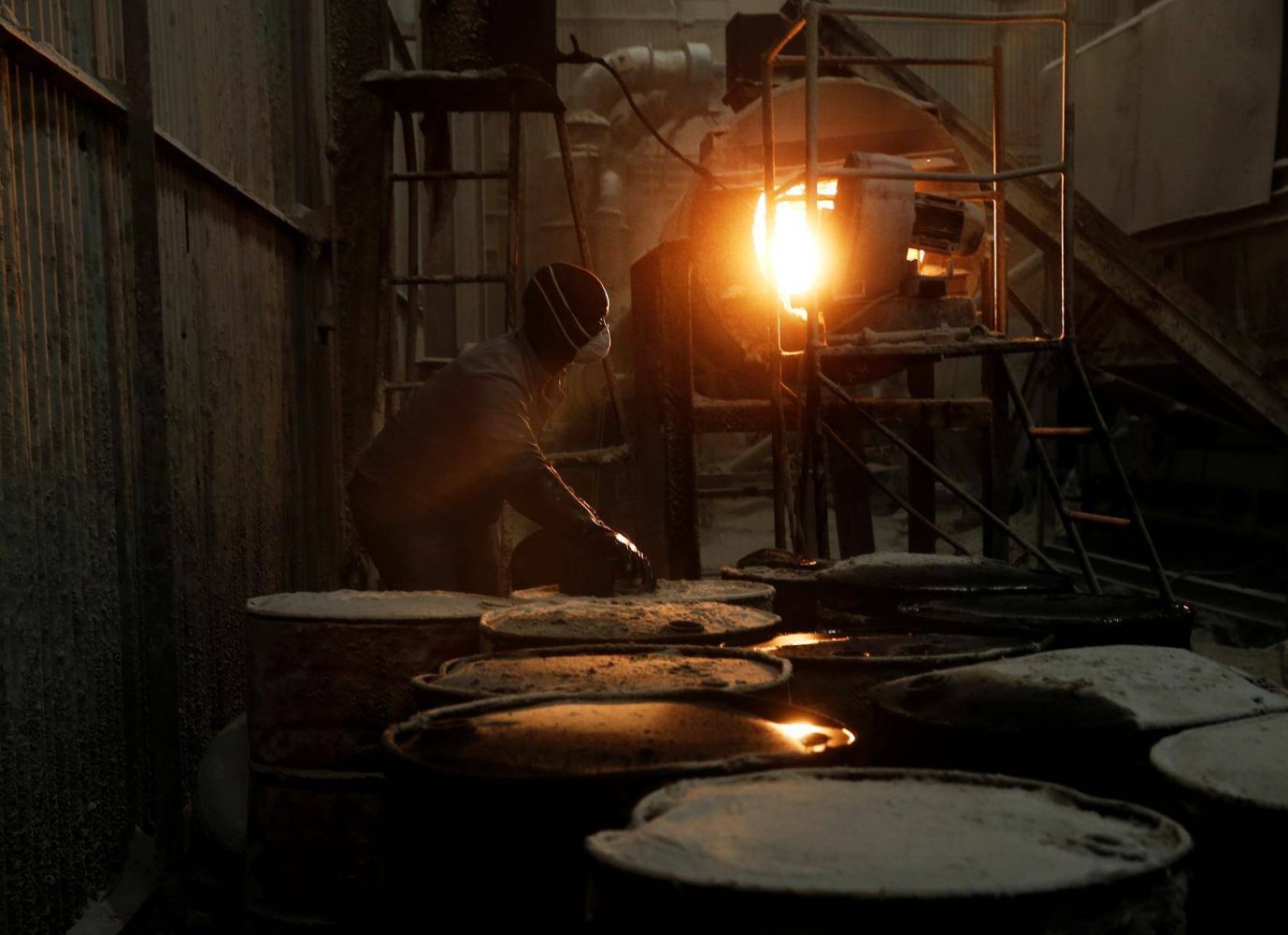Zimbabwe Will Now Get Power Supply From Eskom-But Under These Conditions

The government of Zimbabwe has finally reached an agreement with South Africa’s power utility Eskom on the way forward for the payment plan that will see ZESA receive power from South Africa.
In recent times, Zimbabwe has suffered endless and prolonged power cuts following a drop in water levels in Kariba Dam, the country’s anchor power producer. The power outages have taken a toll on Zimbabwe’s already ailing economy. The country has undergone blackouts of up to 18 hours daily making it impossible for businesses to operate.
Other than a drop in water levels in Karibu, debts have also prevented the resource-rich country from accessing power. Earlier it owed Eskom and Mozambique’s HCB power company USD 80 Mn but the debts have reduced as ZESA has made some payments to Eskom.
The concluded negotiations with Eskom will see ZESA unlock the supply of 400MW of electricity.
For Zimbabwe to receive supply from Eskom, some conditions were put in place. Some of the key conditions included:
⦁ Eskom will supply power to Zesa as long as there is no load shedding in South Africa
⦁ Zimbabwe to pay USD 890K per week to Eskom to settle the debt.
⦁ Guarantees for payment.
⦁ Eskom will provide 50MW to Zimbabwe on a “firm” basis, while the rest will be on a “non-firm” basis. In case there is load shedding in South Africa, any non-firm exports are lowered to zero and firm exports are reduced proportionally based on the load-shedding stage.
Energy Minister, Advocate Fortune Chasi, revealed this a meeting recently where he also disclosed that Zimbabwe plans to meet with Mozambique’s HCB with a similar payment plan. The Emmerson-Mnangagwa state owes HCB approximately USD 50 Mn.
Currently, Zimbabwe produces 1,100MW of power against a national demand of 1,500MW, the 400MW by Eskom will help the country meet the demands.
The move will come as a sigh of relief for businesses who have been hit hard by the load shedding. Big companies like Econet Wireless have been forced to use batteries and solar for its operations while smaller companies have been pushed to carry out operations at night when power is available.
Featured Image Courtesy: Reuters